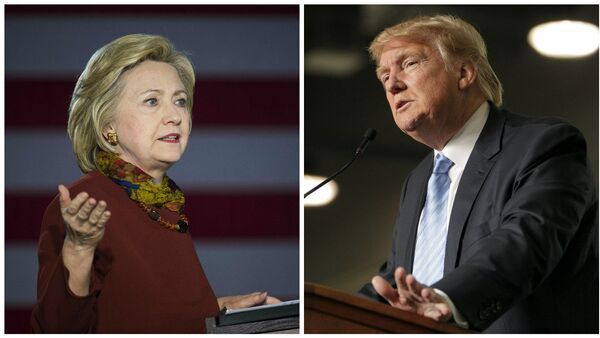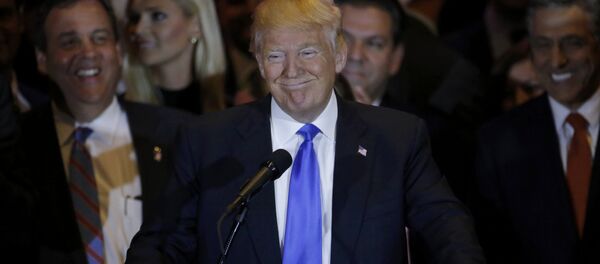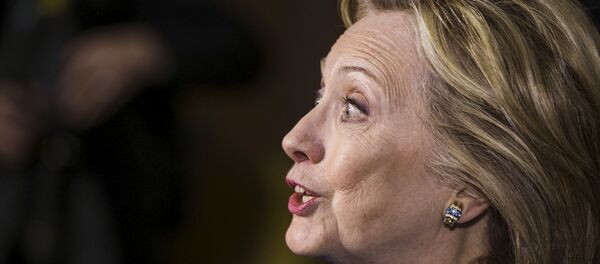""In every other country, political parties are considered to be private, autonomous organizations of people who just want to influence their government, and the government leaves them alone. They can nominate candidates any way they want," Richard Winger of Ballot Access News tells Loud & Clear.
"Opposed to all those other countries, we have the United States, which is the only country in the world where the government runs government-administered and funded primaries and tells parties they must use primaries to choose their candidates."
While this setup may sound more democratic, America’s two-party system inhibits the creation of rival parties and stifles individual voices among Democrats and Republicans.
"We have laws in place keeping the Democratic and Republican parties in a preferred position, keeping their competition at bay," Winger says. "On the other hand, we have some rules in this country that say the two major parties have some autonomy, and if they want to close their primaries, they can do that.
"So we’ve got the worst of both worlds."
With each party using different rules for each state, the process can be inconceivably complicated.
"In the United States, every state writes its own election laws, even though we’re talking about federal elections," he says, describing how the US and Switzerland are the only democracies on Earth that work this way.
"Any state is free to decide for itself whether to disenfranchise ex-felons," Winger adds. "It’s also up to each state to set the voting age…[and] we’re the only country in the world where the citizens of the capital city have no voting representation in the national legislative body.
"And furthermore, we’re the only country in the world that pretends to hold a popular vote for president, and yet the person who comes in second can sometimes take the office," he says. "That’s happened four times in US history, most famously and recently in 2000 when Al Gore got 560,000 more popular votes than George W. Bush."
While the entire primary process can feel rigged, that shouldn’t be entirely surprising, given the history of America’s political party system.
"We got primaries in the 1900s…and it’s important to know this: the political parties at the time did not want primaries. In fact, the socialist party was the leading opponent of forcing parties to have government-administered elections to choose their nominees," Winger says. "They always had the dues-paying members choose the party nominees, and that is the pattern established in every other single country.
"So when we complain about the fact that the taxpayers have to pay for government-administered primaries, it’s only fair to be aware that these primaries were forced on the parties. They didn’t want them."
While eliminating primaries could be one solution to the problem, that would have to coincide with the embrace of a multi-party system.




